Upcoming Events
July 2025
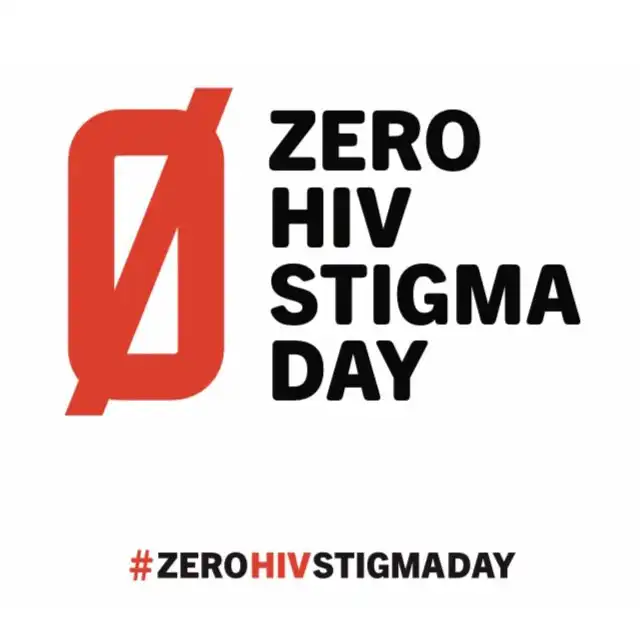
Zero HIV Stigma Day
Zero Stigma Day represents a movement to help raise awareness about HIV stigma and learn about ways to help stop it
August 2025
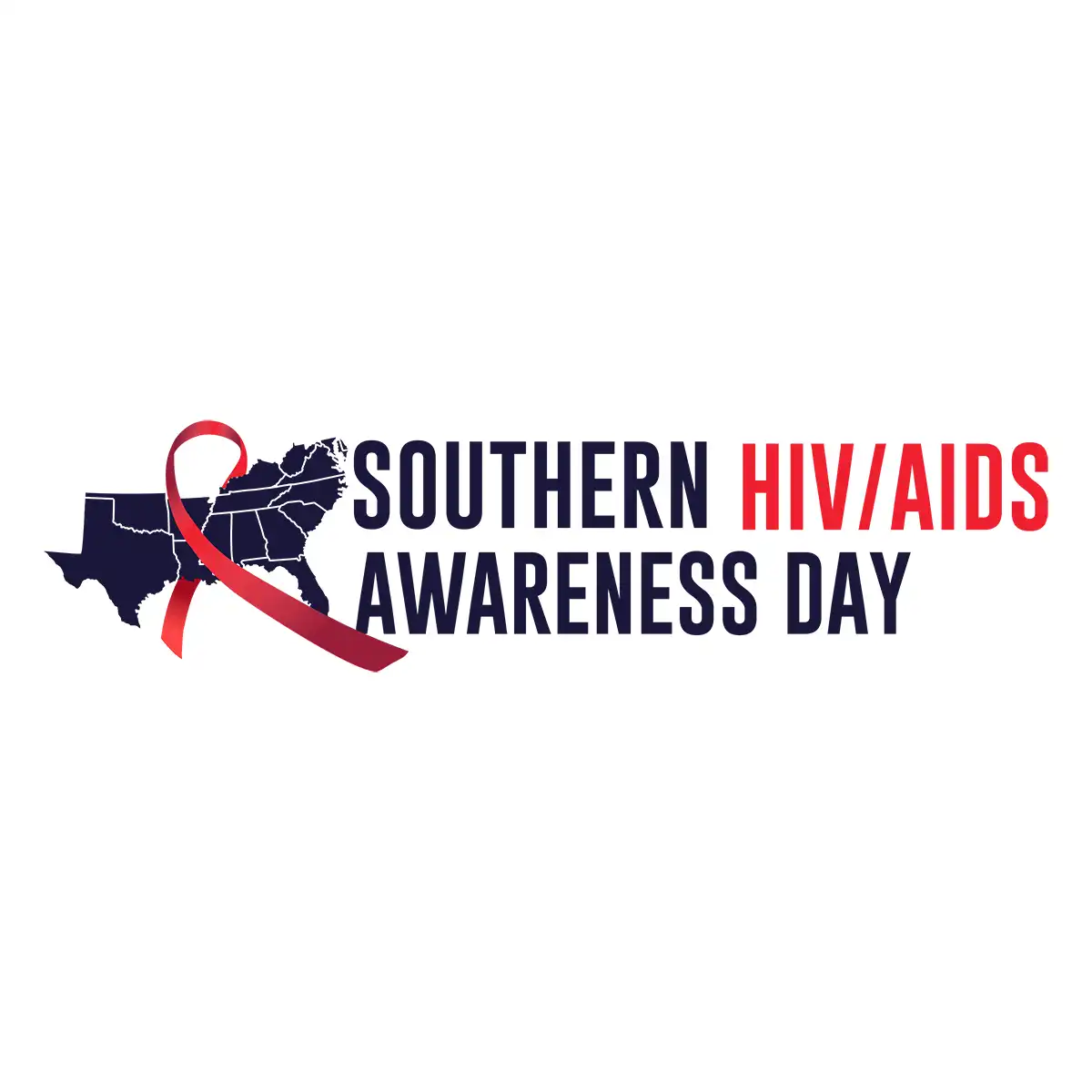
Southern HIV/AIDS Awareness Day
SHAAD gives us all an opportunity to advocate for new and necessary resources and solutions to stem the tide of HIV/AIDS in the South.
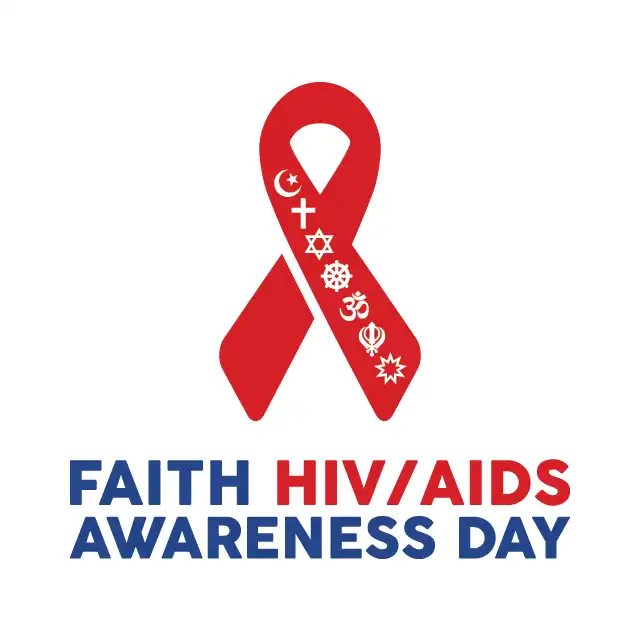
National Faith HIV/AIDS Awareness Day
National Faith HIV/AIDS Awareness Day takes a stand against stigma in their congregations and raises awareness of HIV/AIDS.
September 2025
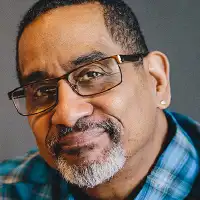
National HIV/AIDS & Aging Awareness Day
National HIV/AIDS & Aging Awareness Day is a day to combat stigma faced by older Americans with HIV and address aging-related challenges

National Gay Men's HIV/AIDS Awareness Day
National Gay Men’s HIV/AIDS Awareness Day is a day to encourage HIV testing, prevention, and treatment among gay and bisexual men.
October 2025

National Latinx HIV/AIDS Awareness Day
National Latinx AIDS Awareness Day is a day to help address the disproportionate impact of HIV on Hispanic/Latino communities.
December 2025

World AIDS Day
World AIDS Day is a day to unite with others around the world to prevent HIV, support people with HIV, and remember those who have lost their lives to an HIV-related illness. Share on social here.
February 2026

National Black HIV/AIDS Awareness Day
National Black HIV/AIDS Awareness Day is a day to acknowledge progress in HIV prevention and care among Black/African American people
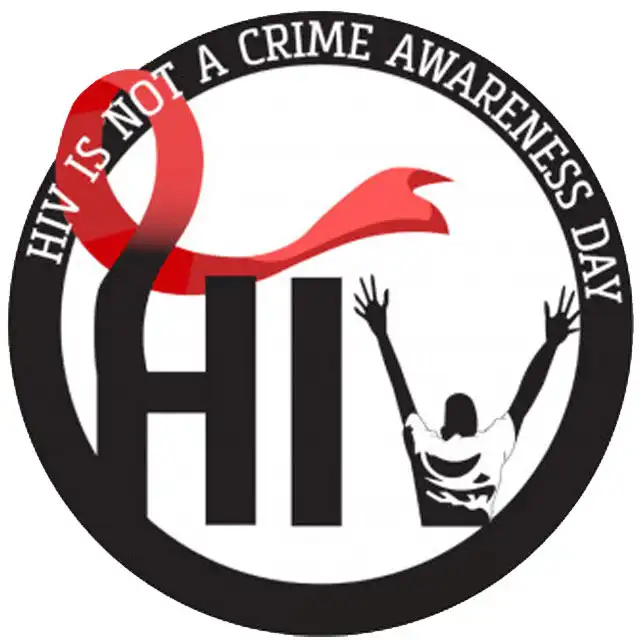
HIV Is Not A Crime Awareness Day
HIV is Not a Crime Awareness Day is an opportunity to amplify the voices of those who have been criminalized based on their HIV status.

HIV Is Not A Crime Awareness Day
HIV is Not a Crime Awareness Day is an opportunity to amplify the voices of those who have been criminalized based on their HIV status.